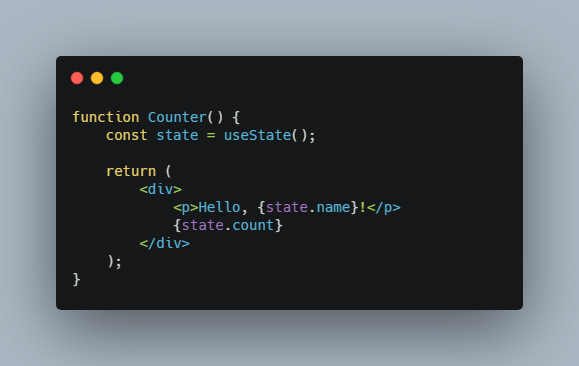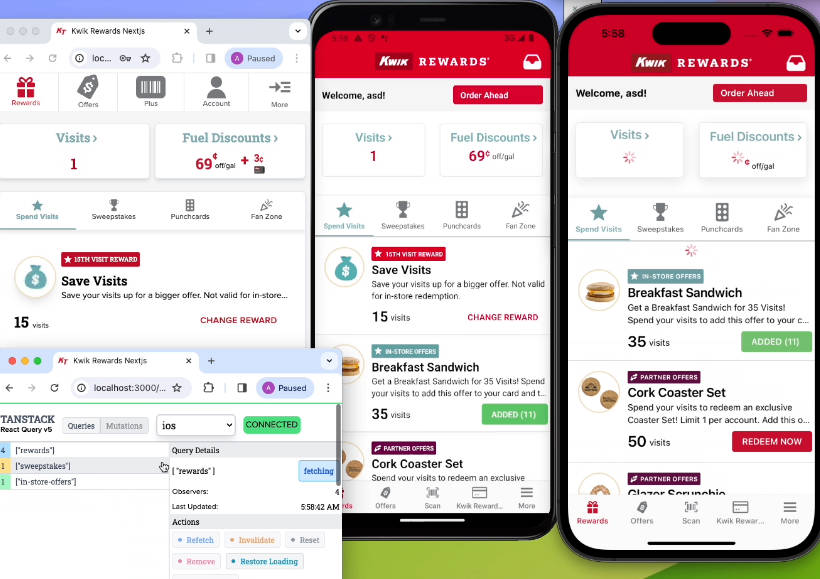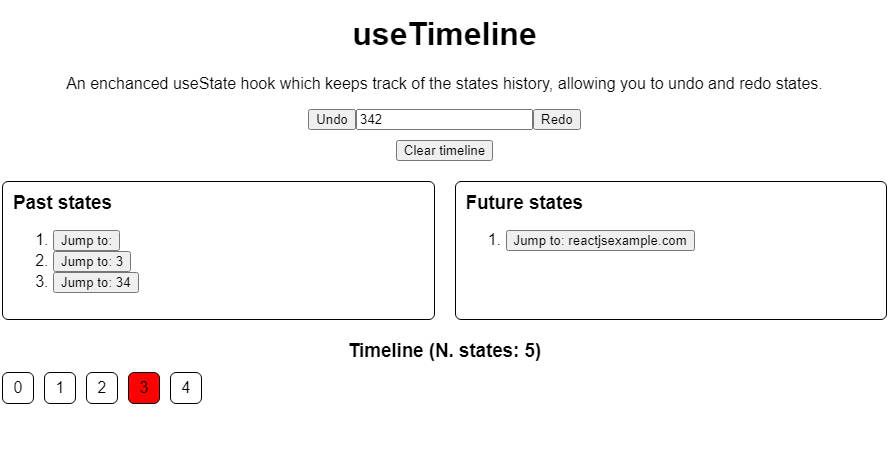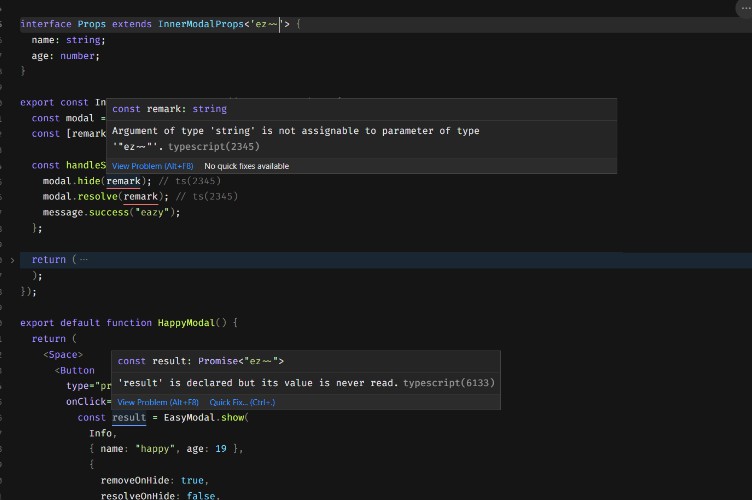Niue
A tiny shared state and event library for React
Niue is a small library (~1.3kb before compression) that provides a simple way to manage your React app's shared state and send events between components.
Why Niue?
- You can stop making a bunch of React contexts which store return values from useState
- You don't need to use any provider components
- You don't need to keep setting up event listeners in
useEffects - You don't need to remember the names of events - just import the event's hook and use it
Installation
yarn add niue
Managing shared state
To create a store (a thing to hold an object of state), use the createState function outside of a component:
import { createState } from 'niue';
const [useState, setState] = createState(
// Initial value
{ count: 0, name: "foo" },
);
The resulting useState hook can be called in your component to get the latest state value:
function Counter() {
const state = useState();
return (
<div>
<p>Hello, {state.name}!</p>
{state.count}
</div>
);
}
useState also accepts an optional parameter to specify which properties of the state object to "subscribe" to. Changes of these properties will cause a re-render of the component. If you don't specify anything, the entire state object will be watched; if you specify null, nothing will be watched and no re-renders will occur when state changes.
// Subscribe to only the `count` property
const state = useState(["count"]);
// Don't subscribe to anything
const state = useState(null);
Here's an example of subscribing to a single property:
import { useState } from "./Counter";
function CountDisplay() {
const state = useState("count");
return (
<p>{state.count}</p>
);
}
The setState function can be called to update the state:
function Counter() {
const state = useState();
return (
<div>
<p>Hello, {state.name}!</p>
{state.count}
<button onClick={() => setState({ count: state.count + 1 })}>Increment</button>
</div>
);
}
As you can see in the example, the value passed to setState does not need to contain all of the properties in the state object. If you leave one out, it will not be modified.
You can also call setState with no parameters to use mutations to the existing state object:
state.name = "Test";
setState();
Events
Events work similarly to state stores. You can create an event with the createEvent function:
import { createEvent } from 'niue';
const [useOnEvent, emit] = createEvent<string>();
The createEvent function doesn't accept any parameters, however it does have a type parameter for the message type.
The useOnEvent hook can be used in a component to subscribe to the event, and the emit function can be used to send the event:
function EventDemo() {
useOnEvent((message) => {
alert(`Hello, ${message}!`);
}, []);
return (
<div>
Event demo
<EventEmitter />
</div>
)
}
function EventEmitter() {
return (
<button onClick={() => emit(prompt("Enter your name"))}>Send event</button>
);
}





